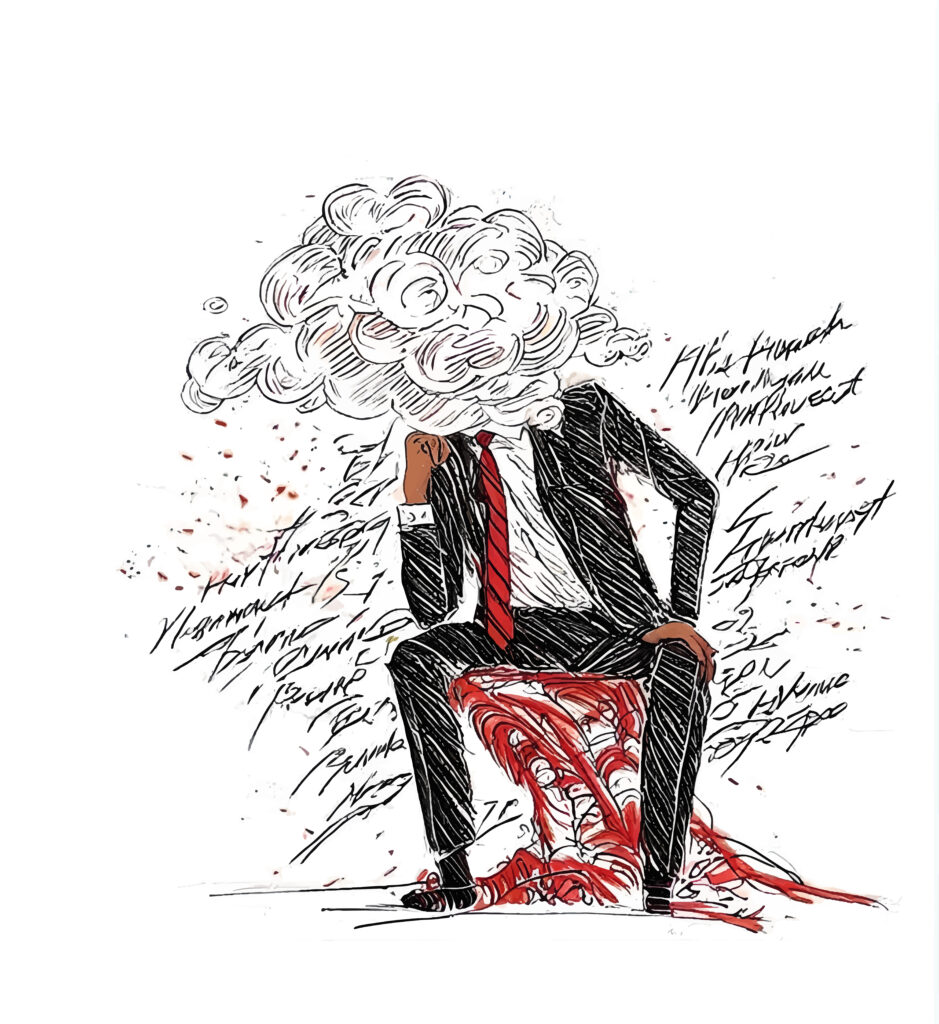Have you ever caught yourself shaking your legs unconsciously? While it might seem like a harmless habit, constant leg shaking can be more than just a nervous tic. It’s often linked to mental overload and can reflect deeper issues like anxiety, impatience, or even depression. This article dives into why this behavior occurs and how it might be your body’s way of signaling distress.
What Does Leg Shaking Really Mean?
1. A Sign of Mental Overload
Leg shaking is often associated with feelings of restlessness and being overwhelmed. People who shake their legs frequently might struggle to focus, feel constantly rushed, and have little patience — with others and themselves.
2. Linked to Impatience and Short Attention Spans
A person prone to leg shaking might find it hard to sit through a full movie or engage in long conversations. They’re often in a hurry, chasing the next task or goal, unable to relax fully.
3. Triggered by Short-Form Content Consumption
In today’s fast-paced digital world, consuming short videos and scrolling endlessly through social media can train the brain to expect constant stimulation. This habit can reduce attention spans and increase feelings of restlessness, acting as a potential trigger for anxiety and related disorders.
How This Can Lead to Anxiety, Depression, or Panic Attacks
Frequent leg shaking, when paired with behaviors like impatience and constant content consumption, can create a cycle of stress:
- Heightened Anxiety: Always feeling “on edge” due to mental overload.
- Increased Risk of Depression: Persistent restlessness can lead to feelings of inadequacy or hopelessness.
- Panic Triggers: The inability to slow down might escalate into full-blown panic attacks.

What You Can Do to Address This Habit
1. Practice Mindfulness
Mindfulness exercises, like meditation or deep breathing, can help you slow down and reconnect with the present moment.
2. Limit Screen Time
Take breaks from consuming short-form content and try activities that require sustained focus, like reading a book or completing a puzzle.
3. Identify Stressors
Reflect on what might be causing your mental overload. Is it work, relationships, or something else? Understanding triggers is the first step to managing them.
4. Seek Professional Help
If you notice frequent leg shaking alongside feelings of anxiety, depression, or panic, consider reaching out to a mental health professional for guidance.
Conclusion
Leg shaking might seem like a minor habit, but it could be your body’s way of signaling deeper mental health concerns. By addressing the underlying causes and making small, intentional changes, you can take steps toward a calmer, more balanced life.
Remember: your mental health deserves as much care as your physical health. Pay attention to the signs your body is giving you and act accordingly.

